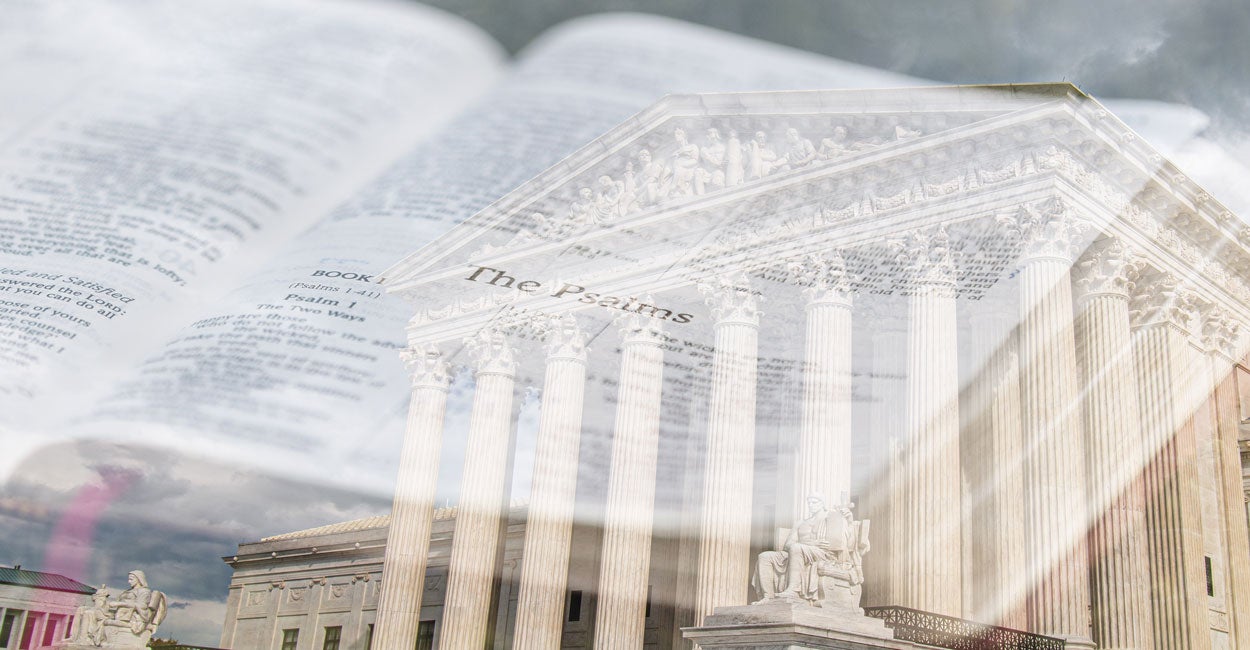


Editor’s note: The following commentary is an excerpt from remarks presented before the Presidential Religious Liberty Commission on Sept. 8, with minor edits made only for readability.
As a child, my parents often spoke of the great freedoms America offers. These freedoms and the opportunities they provide are why my parents moved here from Nigeria. They taught us that freedom is a precious gift—one to be protected at all costs.
In 2013, I enrolled at Georgia Gwinnett College in Lawrenceville, Georgia. It was during my time there that I embraced Christianity, a decision that brought me such profound joy that I felt compelled to share it with others. My campus offered plenty of opportunities for this. Students were often out in public areas, sharing their views, advocating for causes, or handing out literature on topics that were important to them.
I did the same—respectfully speaking about my faith with interested students. It was a chance to meet new people and share how Jesus had changed my life.
But one day in 2016, a college administrator approached me and told me to stop. He said that if I wanted to share my faith with those who stopped by, I needed to reserve one of the school’s two “speech zones.”
These zones made up just 0.0015% of campus—about the size of a sheet of paper on a football field. And they were open only 10% of the week.
Still, I honored the policy. I made my reservation, showed up on time, and began sharing my faith again. But within a few minutes, campus police stopped me again. They said someone had complained, and under the college’s speech code, I had to stop—or face disciplinary action.
I was surprised and confused. Here I was in the “free speech zone,” following all the rules, yet officials silenced me. At that moment, I realized I could not speak outside the speech zones, and I could not speak within them either.
I contacted Alliance Defending Freedom and learned that my experience, sadly, wasn’t unique. Many public colleges and universities use similar speech zones and speech codes to silence students in violation of their constitutionally protected freedoms.
I was deeply concerned. I thought back to the stories my parents told me about the unique freedoms the United States offers—the promise that every American is free to speak without fear of government censorship.
I knew I had to play my small part in preserving this legacy of freedom, so I made the tough decision to sue Georgia Gwinnett College.
The college first said that my speech—sharing the words of Scripture—qualified as “fighting words” and therefore wasn’t protected by the First Amendment.
Later, the school switched strategies and tried to avoid accountability altogether. It revised its speech policies and asked the court to dismiss my case, insisting that it should no longer be held accountable for silencing me.
Even though the college had censored me under its previous policies, both the district court and the 11th Circuit said that the college could escape accountability simply by changing its policy after the fact.
“Justice delayed is justice denied” suddenly took on a new meaning for me. If government officials can violate our rights and then walk away with no consequences, the Constitution is an empty promise. I knew that wasn’t the legacy of freedom I wanted for my future kids.
So I persevered to make sure no other student—on any campus—would be silenced by school officials for sharing their faith.
My case went all the way to the U.S. Supreme Court. Georgia Gwinnett College’s actions were so troubling that people from diverse political and religious backgrounds—Christian, Muslim, Jewish, atheist, liberal, conservative—all supported my case. The right to speak freely was at risk.
Thankfully, in a resounding 8-1 decision, the Supreme Court ruled that public university officials must be held accountable when they violate someone’s constitutional rights—even if they change their policy after the fact.
For me, this victory was deeply personal. When I heard the court’s decision, I thanked my Lord and Savior Jesus Christ. I also thought of my parents—how they had believed in the promise of this country, how they had sacrificed for us to grow up with freedom.
But we still have work to do. Many students today feel pressure to remain silent about their faith. Many are afraid of being labeled, canceled, or punished—simply for speaking truth in love.
That’s not the America I want for my two kids, which is why I’m so grateful to President Donald Trump and the Religious Liberty Commission for working to preserve our cherished freedoms.
Free speech should not depend on the popularity of your views. Religious liberty should not be confined to zones. And the First Amendment doesn’t end where a college campus begins.
Almost 250 years ago, our Founders declared that our freedoms come not from government, but from God—and that government exists to protect those freedoms, not restrict them.
That’s the America my parents came to. That’s the America I love. And that’s the America I want to help preserve.
We publish a variety of perspectives. Nothing written here is to be construed as representing the views of The Daily Signal.

Leave a Reply